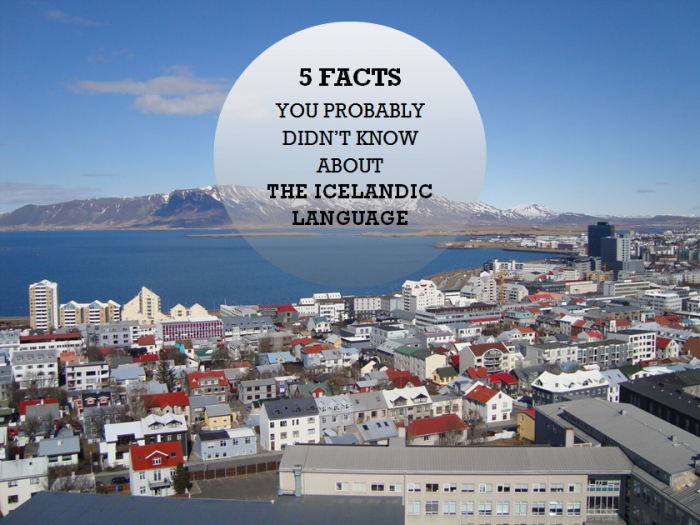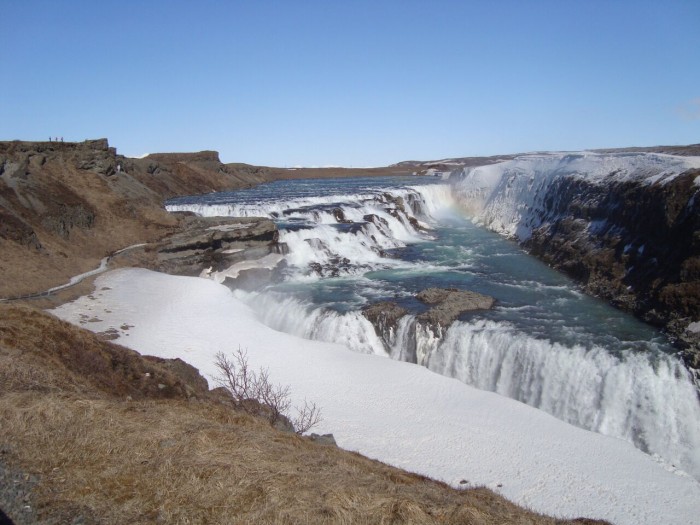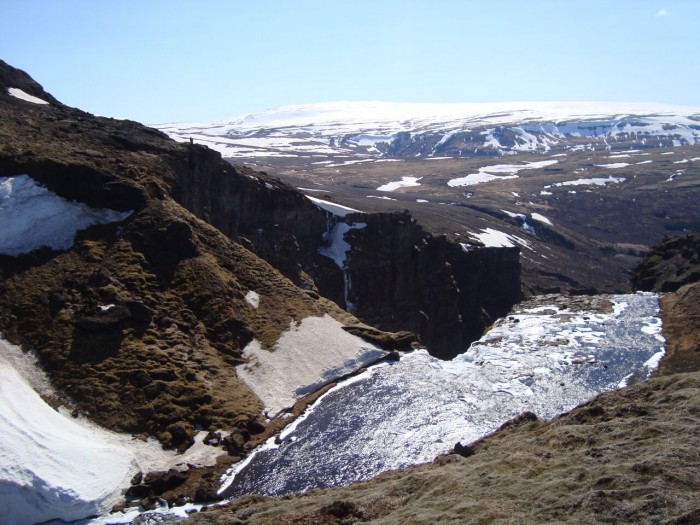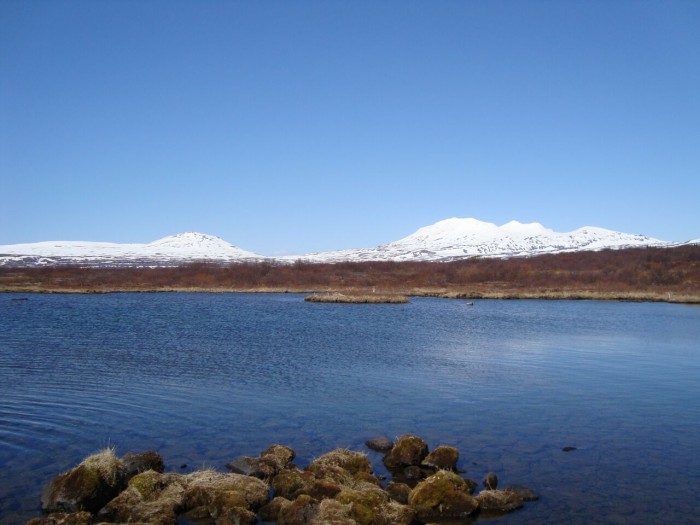Iceland is a fascinating country, not only from the geographical, historical, political, cultural and touristic point of view but also on the linguistic level. Few people other than native speakers master Iceland’s unique language, and there are only about 330,000 of these. Most Icelanders are very attached to their mother tongue and its heritage. Let’s discover a few facts about this extraordinary language!
1 – It is derived from Old Norse.
Icelandic is derived from Old Norse and its closest “living relative” is Faroese (spoken in the Faroe Islands as its name suggests). As an insular language it has not been significantly influenced by other languages and has changed relatively little throughout the centuries. Icelanders also initiated a movement for the protection of their language back in the 18th century, when Icelandic came under threat from Danish influence.
2 – It is celebrated every year.
The Icelandic Language day is celebrated on November 16th, on the birthday of 19th-century writer Jónas Hallgrímsson. Each year the Minister of Education and Culture attributes the Jónas Hallgrímsson Award to an Icelander who has contributed to the development of the Icelandic language.
3 – The rules to choose a baby name are quite strict.
In order to protect the language, every Icelandic baby must be given a name from a list of approved names. Iceland also has a special naming committee that accepts or refuses new names, and therefore creative parents have to send their name proposal to this committee, which will decide whether or not it complies with the Icelandic linguistic rules.
4 – Children’s surnames are based on their parents’ first names.
In Iceland, everyone (no matter the age or social status, and even the President and Prime Minister) is addressed by their first given name, as their last name is derived from their father’s or mother’s first name. In a typical Icelandic family, the mother, father, son or daughter actually all have different surnames (which often creates confusion abroad, in hotel receptions for instance). Icelanders use surnames that were commonly used in Nordic countries at the time Iceland was first colonised. British surnames such as Johnson, Peterson, and Jackson etc. have the same linguistic roots too. In the Icelandic surname system, a child’s name is made by taking the father’s first name (or increasingly the mother’s first name) and adding -son (son) if it’s a boy or – dóttir (daughter) if it’s a girl. For instance, Atli Björn Ólafsson is the son of Ólafur.
Icelanders are also listed alphabetically by their first names in the telephone directory, so if you are looking for Hafdís Sigmundsdóttir for exemple, you must look up “H” instead of “S”.
5 – Language committees are in charge of creating new words.
Icelanders have formed language committees to retrieve old words and recycle them in modern usage. The aim is to prevent people from getting into the habit of using foreign words (usually English) and to come up with new Icelandic words whenever new words are needed. Some language committees can be quite atypical, such as Iceland’s knitting language committee. If you’re curious, you can find out more about this here.
English is widely spoken and understood as a second language in Iceland, to the extent that some fear for the future of Icelandic as described in this article. There are also many people speaking Danish or Norwegian.
For more information and fun facts about Iceland, check out these two links: http://www.islandsstofa.is/files/iceland-brochure-4-feb-2014-enska-low-res.pdf
http://www.iceland.is/the-big-picture/people-society/language/
We hope you found this article interesting. If you require translations into or out of Icelandic or any other Nordic languages, please do not hesitate to contact us. You can email us at the following address: translation@aplin.co.uk or give us a call on 0800 389 6571.






